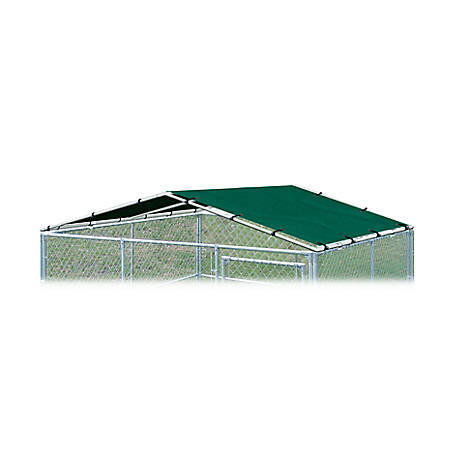Create an anchor board by rolling the tarp s peak end with a 2 x 4 inch board and nailing the tarp to your board with your 3 inch nails.
How to attach a tarp to a flat roof.
Put n ails in the board at least 10 apart for a secure connection.
If needed cut off the excess tarp from the other end leaving about a 4 overhang.
To secure a tarp to your roof.
Wrap the end of side a over a 2 by 4 that is 2 feet wider than the distance between sides b and d.
Lay more 2 by 4s on either side of the tarp and attach those as well for a tight well secured water barrier.
Let the rest of the tarp hang off the lower border of the roof that overhangs the wall known as the eave.
Screw the 2 by 4 directly into the roof to secure it.
Do the same to the other ends of the tarp to keep it secure and watertight.
Unfold the tarp on the roof.
Using cap nails attach one of the tarp s peak ends to a 2 x 4.
Then attach it under the eave with a screw gun.
Find the source of the roof leak.
Installing a tarp on your roof is easier than you think.
Again nail the tarp to a 2 x 4 as you did on the other side.
Wrap it around the piece of wood and adhere the board to the roof with screws.
Lay the tarp out flat over the roof.
Secure all edges.
You need to know first which spot on the roof needs tarping up.
Try to pick a day that is not windy or else you may face frustration because as soon as you open the tarp up there it will start blowing all over the place.
Here are the steps on how to install a tarp on your roof without nails.
Attach the 1x2s through the tarp and into.
Installing tarp on a roof without nails.
Stretch a tarp flat on the roof.
There should be an additional 4 feet of tarp on every side.
Positions several 1 2 pieces of lumber on the tarp running vertically down the slope of the roof.
Center the tarp over the damaged area.
Wrap the tarp around the board pulling it tight against the roof.
Wrap the tarp around the 2 by 4 at least twice.
Extend the top edge of the tarp over the roof.
Lay the tarp across the roof so that at least 4 feet 1 2 m lies on the sloped part of your roof on each side known as the peak.
If you don t have a helper use the metal rings to hold down the tarp at the furthest four corners.
It s even easier if you do it without nails.
Partially unroll your tarp to cover the damaged area from the roof s eaves to peak.
If you have a helper this part is easy.
Then fold the excess tarp under a few rotations for a tight clean fit.
Extend the top edge of the tarp over the ridge of the roof.
Find the source of the leak.

